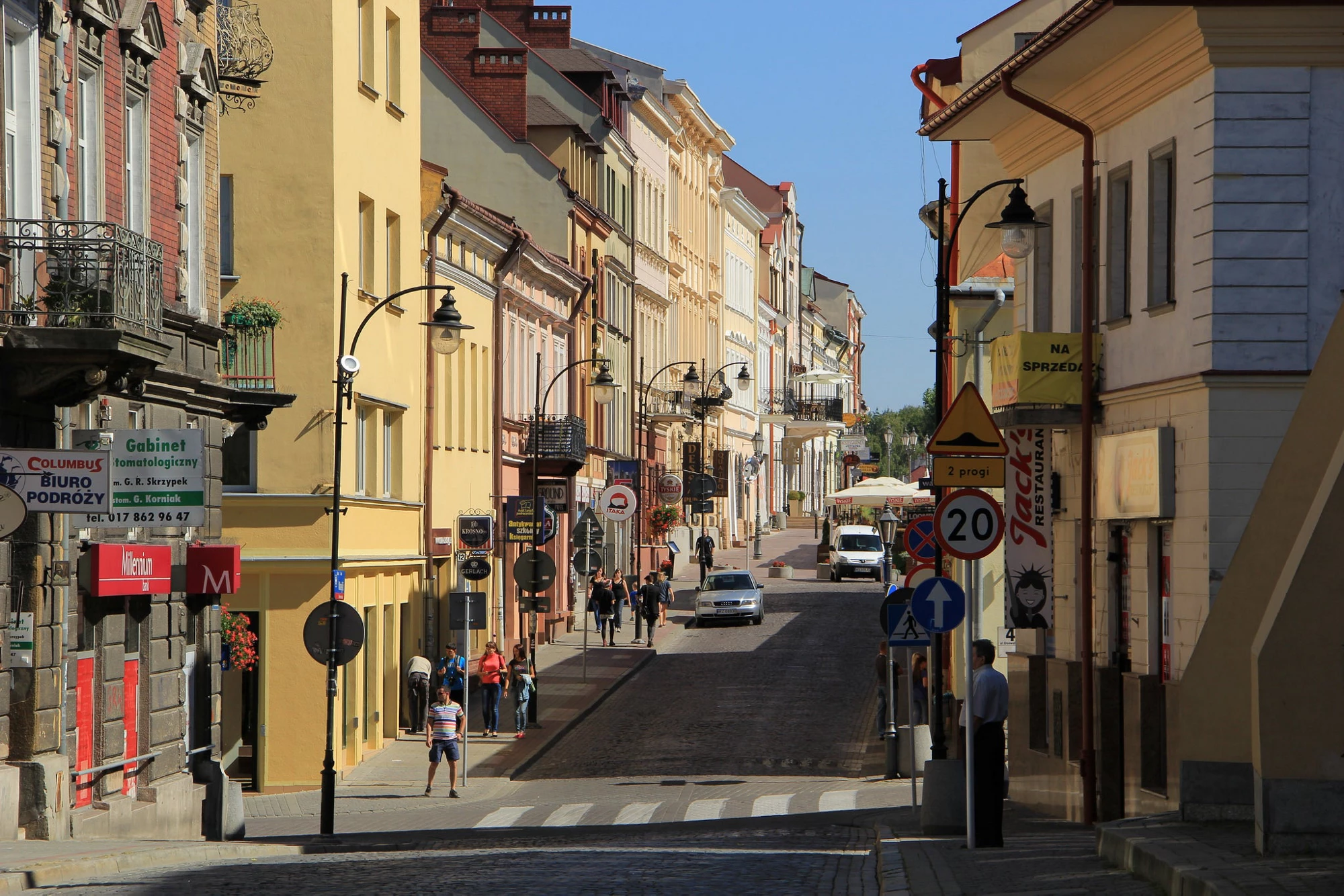
On May 31 we had the pleasure of presenting the first phase of the Poland Catching-up Regions Program, an initiative of the European Commission and the World Bank. In just over one year, this initiative has successfully addressed a number of key development challenges faced by two "lagging regions" in Poland – Podkarpackie and Świetokrzyskie.
The initiative's successes range from faster business registration in Rzeszow and Kielce (the capitals of the two regions, respectively) to the setting-up of a vocational education training system in Świteokrzyskie and design of a Technology Transfer Center in Rzeszow. Partnered with outstanding teams from the European Commission and Poland, the World Bank was able to support this progress by bringing together global expertise and hands-on collaboration in both design and implementation of policies. This is important for Poland and for the lessons it provides for other developing countries.
The European Union (EU) is the world's premiere "convergence machine" (as it was dubbed in the report Golden Growth: Restoring the Lustre of the European Economic Model). At no other point in history have so many countries managed to overcome the middle-income trap and become developed economies. The EU development model has proven to be the most potent and successful, and its lessons are relevant for all developing countries. At the same time, recent developments (e.g. Brexit and the rise of populism in many EU countries) show that the EU model is not foolproof either.
Working in Poland has allowed the Bank to study – with a magnifying glass – the processes of development at work in the largest country that has overcome the middle-income trap in recent decades. These processes are important for all countries looking to follow Poland's footsteps. Access to the large EU markets (a quarter of world consumption happens in the EU) has been a boon for the Polish economy, and plays a significant role in the country's success, as does the substantial support of European Commission funding. And, while Poland also faces distinctly different challenges than, say, lagging regions in India, the lessons on getting the gears of development moving are very relevant.
The Poland Catching-up Regions Initiative [read a report] provides a blueprint for other regions around the world. There are three key features that we see as applicable to many lagging regions' efforts:
- First, activities were designed with all actors around the table, and were tailored to the on-the-ground realities and implementation capacity in the two regions.
- Second, clear, detailed and frequent communication proved essential to solving small problems before they became big problems, and monthly steering committee meetings – comprising the EC, the Polish Ministry of Economic Development, the representatives of the Świetokrzyskie and Podkarpackie regional government, and the Bank team – enabled joint decisions on outstanding issues.
- Third, the EC and World Bank placed high importance on hiring local experts and a strong coordination team in Warsaw. An understanding of the local context and close collaboration with local actors were also critical to achieving good development results.
Through the work done in Świetokrzyskie and Podkarpackie, it was determined that both regions could sustain and strengthen economic growth by focusing on improving enabling conditions. The lack of competitiveness in both regions can be explained, in part, by peripheral locations and historical legacies. But, some existing institutional inefficiencies create additional barriers to local economic growth. There are multiple policy approaches that can be taken to strengthen regional economies, but this first phase of the Poland Catching-up Regions Program (recently extended through June 2018), focused on identifying gaps that can be addressed quickly and can lead to improvements in regional competitiveness – the "low hanging fruit."
Podkarpackie and Świętokrzyskie have achieved a level of development where further productivity growth would require not just a transfer of technologies from abroad (e.g. through foreign direct investments), but also an increased ability to innovate. This would mean a greater focus on education, human capital, and other conditions that can create an innovative environment. Connecting rural areas to cities is also important in that it provides additional opportunities to the poorest residents of the regions.
Related Links:
- Publication: Poland: Catching-up Regions
- Blog post: Economic growth in Europe: Leaving no region behind
- Blog post: Some regions within countries are lagging behind. What can we do about it?
- Subscribe to our "Sustainable Communities" newsletter and follow us on Flipboard



Join the Conversation